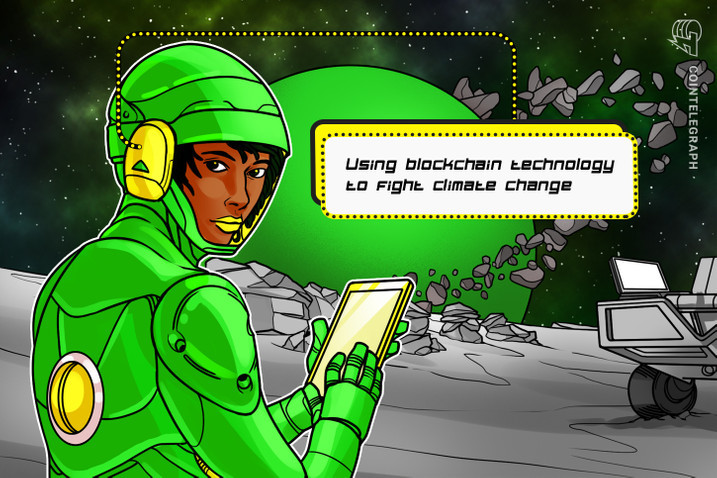This summer, parts of the United States are wilting under a multi-month stretch of sweltering heat and data suggests that summer temperatures will continue to creep up in the coming years. The planet is on what seems to be a pretty clear path to soon reaching 1.5 degrees Celsius of warming for the first time since preindustrial times, a milestone number that the world’s countries pledged to try to remain under in the 2015 Paris Agreement.
Humanity’s continued burning of fossil fuels combined with the return of the El Niño weather phenomenon has created a dangerous cocktail of rising temperatures that have been breaking records all around the world. In fact, July 6 was the world’s hottest day ever recorded — and possibly the hottest day in 100,000 years — with the month of July on track to be the hottest in recorded history.
Scientists say that short of drastic and monumental geoengineering projects, the only way to prevent the planet's warming from remaining under 1.5 degrees Celsius is to rapidly phase out and ultimately stop the burning of fossil fuels. But modern society requires massive amounts of power to operate, so where will all that energy come from if fossil fuels are no longer practical?
The answer, according to organizations like Energy Web, lies in clean energy, or energy that does not release greenhouse gasses into the atmosphere.
On episode 15 of The Agenda Podcast, hosts Jonathan DeYoung and Ray Salmond speak with Energy Web CEO Jesse Morris about his views on climate change, decarbonization and how blockchain technology can help facilitate the move to clean energy.
The tech is actually already built and readily available
A particular highlight from the conversation was Morris’ comment that it’s the economics of the climate change industry that need adjustment. Morris said:
“Let’s just make it so that all these technologies that can help us decarbonize are cost-effective and businesses will just adopt them.”
Of course, it’s slightly more complex than that, but according to Morris:
“One of the big overarching challenges is we just need our electricity to be green. Yeah. And one of the ways we can make the electricity to be more green, the entire electric system is to take this concept where, let’s say we have all of these different technologies that I was talking about earlier electric cars, batteries, solar systems, heat pumps.”
In Morris’ view, better public policy messaging which is couched in digestible data and a more reasonable approach to governments’ climate change and environmental preservation objectives. Morris said the first step is to “electrify everything” and,
“If we have all those assets out there, which is kind of a naturally decentralized, distributed landscape with all of these assets that are out there, if we can network those things together digitally and basically use those to actually balance the grid instead of these big natural gas or coal-powered facilities, that’s a really efficient way to manage the electricity system, basically telling all of those different batteries and electric cars precisely when to and when to not use electricity. It’s kind of like a big distributed, decentralized battery that’s a really efficient and incredibly economically powerful tool for balancing the grid.”
What’s blockchain got to do with it?
Given the fact that environmentally friendly solutions are already in existence and ready to roll out, both co-hosts were curious about the actual role and need for blockchain in these technologies. Morris explained that after six years of building and trialing different solutions, Energy Web honed in on Green Proofs as the primary solution that had good product to market fit.
Green Proofs have applications ranging from green biofuels, to Bitcoin miners using only renewable and green energy and tracing how green the materials were that came in to create a battery.
According to Morris, “blockchain plays a pretty key role. We use blockchains to actually just represent those assets.”
“So basically, if I’m a fuel producer, I log in, I register, I upload data. An on-chain representation of that data is then used and can be moved around that ecosystem to sort of track who owns the digital certificate representing that unit of green fuel, for example.”
To hear more from Morris’s conversation with The Agenda, listen to the full episode on Cointelegraph’s Podcasts page, Apple Podcasts or Spotify. And don’t forget to check out Cointelegraph’s full lineup of other shows!












 All while Pfizer—a company with a $2.3 billion criminal fine for fraudulent marketing, bribery, and kickbacks—was given blanket immunity from liability and billions in taxpayer dollars to produce a vaccine in record time with no long-term safety data.
All while Pfizer—a company with a $2.3 billion criminal fine for fraudulent marketing, bribery, and kickbacks—was given blanket immunity from liability and billions in taxpayer dollars to produce a vaccine in record time with no long-term safety data.
























